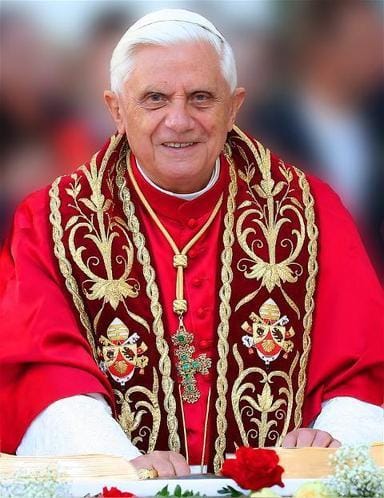The Virtuous Meritocracy
A pondering on a fair system
A recent article in The Economist analysed social mobility (or rather a lack thereof) in the USA, focusing on education. Extensive discourse took place surrounding a modern phenomenon known as ‘virtuous meritocracy’. In basic terms, it has its origins in previous American governmental policy. Concessions were repeatedly awarded to school pupils from humble backgrounds considered ‘bright’. Many were actively consumed into the Ivy League and State University ranks via scholarships and funding. In turn this select core of students secured the most coveted (and highest earning) business and academic positions upon graduation. It will be no surprise to learn that they were intent on retaining what they had achieved ‘on merit’; their endeavours were the embodiment of the American dream. However, like many aspects of a changing modern America, the dream has been tainted. Some argue that this group of intelligent nouveau riche monopolise both jobs and education, passing their emancipation (and their money) onto their children, with the squeezed middle and working class losing out.
Addressing the 2010/2011 statistics recently published by the Higher Education Statistics Agency this may also be a problem much closer to home. Consider the ‘big academic three’ UK Universities (The University of Oxford, The University of Cambridge & Imperial College London). Undergraduate participants from disenfranchised ‘low participation neighbourhoods’ comprised 2.5%, 3.1% and 4.6 % respectively. These figures are significantly low with respect to the overall UK University average of 10.5%.
There needs to be a re-setting and subsequent balance of the student demographic of top academic institutions
The statistics relevant to Imperial College London can be rationalised. First and foremost the high proportion of overseas students must be taken into account; International fees cannot be classed as cheap, frequently breaking the £20,000 barrier. The location of theCollege within one of the most financially draining cities on the planet inevitably plays its part. In addition to this the institution is widely renowned but principally within academic circles.
From the HESA statistics these factors have a strong influence on the student demographic. It cannot be denied that Imperial College London best endeavours to provide a first-class education to all students, championing many schemes such as the College Hardship Fund. On a student-by-student basis this assistance is invaluable. It might therefore be concluded that the trend observed in the wider student population reflects a monopoly headed by those in a position to afford the best in a growing market of global education.
So what might be done about this? There needs to be a re-setting andsubsequent balance of the student demographic of top academic institutions across the planet, with sufficient contribution from the ‘low participation neighbourhoods’. A fresh wave of outreach media should be considered in order to scout underlying, hidden talent within school pupils from working class backgrounds. Judging from statistics published on Wednesday by the End Child Poverty campaign this may be particularly applicable to the United Kingdom, where areas such as West Belfast (with 43% of children raised in poverty) and factions of Manchester are in desperate need of revival. This might reduce the advantage that pupils from financially sound backgrounds invariably possess, be it in the form of private tuition or exposure to academic rigour. In this way a turn of fortune might be granted to a new generation of disenfranchised but academically gifted pupils, allowing them their fair share in the cake of merit.







